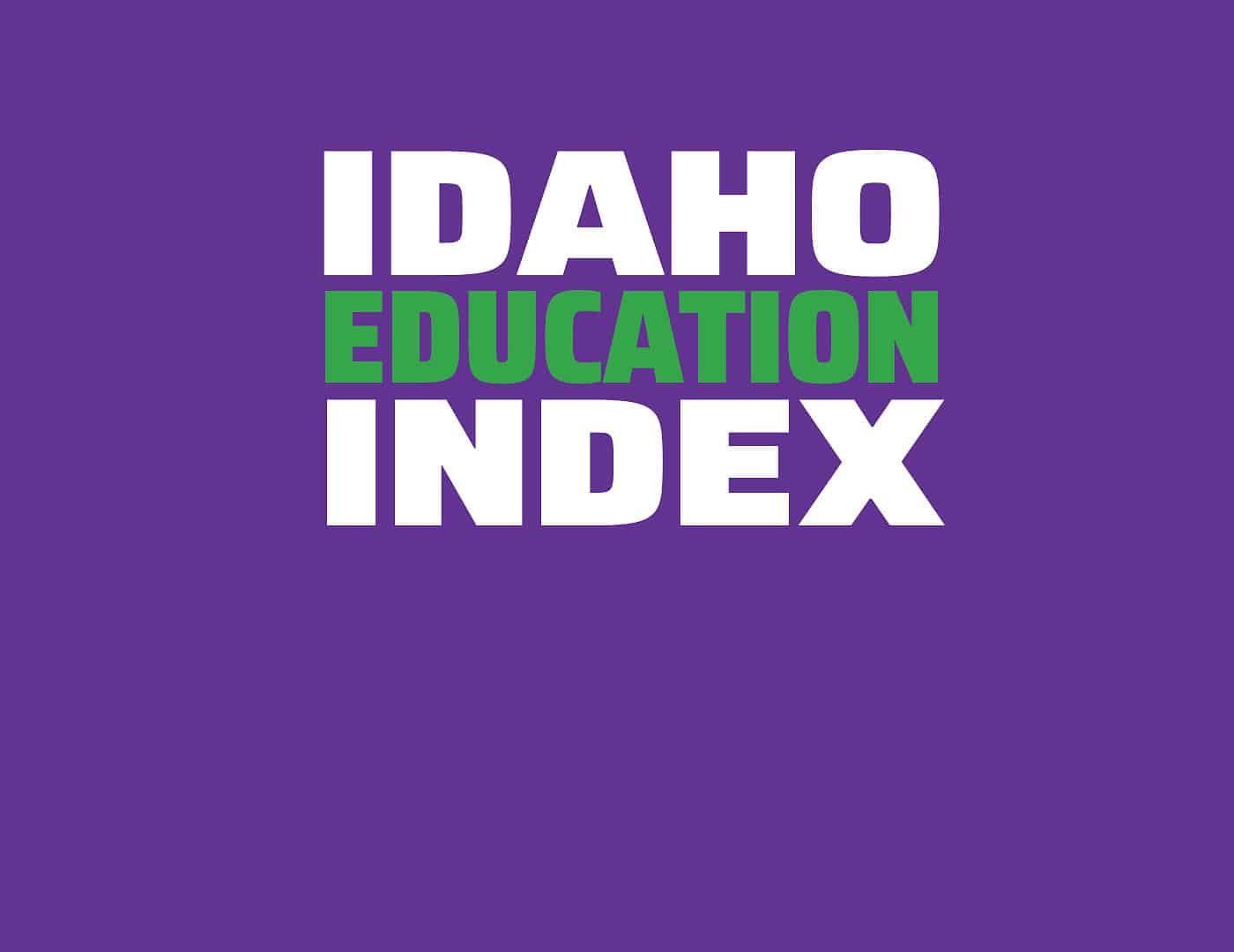


Bill Description: House Bill 269 establishes career exploration courses that students who attend public district or charter schools must take in 7th or 8th grade.
Rating: 0
Analyst’s Note: A similar bill, Senate Bill 1374, was introduced last session and earned a rating of -1. The policies are the same in substance, so they merit an identical rating, but the analysis has been updated to reflect revised analysis and minor changes to the proposed policy.
Analyst Note: The amendment to House Bill 269 that “A student may opt out by submitting a form to the school showing the student's parent or legal guardian has consented to the student not participating in the career exploration courses pursuant to this section” makes these courses optional and therefore changes the rating of the bill from a -1 to a 0.
Does the bill expand the existing government monopoly on education and shrink family and student choice or agency? (-) Conversely, does the bill expand the ability for families and students to choose the educational options that best meet their needs free of government intervention or coercion? (+)
House Bill 269 establishes that requires 7th or 8th grade students who attend public district or charter schools may take a to complete at least one “career exploration course[].,” regardless of parental wishes or consent. Career exploration courses may be offered through face-to-face, virtual, or hybrid instruction. The amendment to House Bill 269 establishes that these courses are optional. Opt out policies allow parents the option to un-enroll their child from a course by notifying the school of their desire to do so. However, if a parent does not notify a school district of their decision to un-enroll their child in a course, their child will be automatically put into the course. For this reason opt-out policies are not as reliable as opt-in policies under which a parent would have to notify a school district that their child of their consent to enroll their child in a course. Without parental consent under an opt-in policy a student would not be enrolled in a class at all. The opt-out policy established under the amendment to House Bill 269 improves the policy by making career exploration courses optional, however, it still allows a child to be automatically enrolled in a course even if a parent does not give consent. Under House Bill 269, the government education monopoly would be further empowered to make educational decisions for students, which would limit student choice and agency.
The bill establishes that participating students would also require students to will craft a career plan “with the approval of parents or guardians” and “advice and recommendation from school personnel.” The career pathway plan would need to include “career exploration courses or workforce discovery activities.”
House Bill 269 would require students to participate in career exploration courses and create a career pathway plan even though they might choose not to pursue a career at all. One student might choose to become a parent and focus on motherhood or fatherhood. Another student might want to go into the family business instead of exploring alternative careers.
House Bill 269 allows the state to assume more authority over a student’s education by mandating career exploration courses. While The goal of preparing students “to become college-ready and career-ready as contributing members of society” is admirable and career exploration courses should be optional, based on the unique needs and desires of students and their families.
(0)


